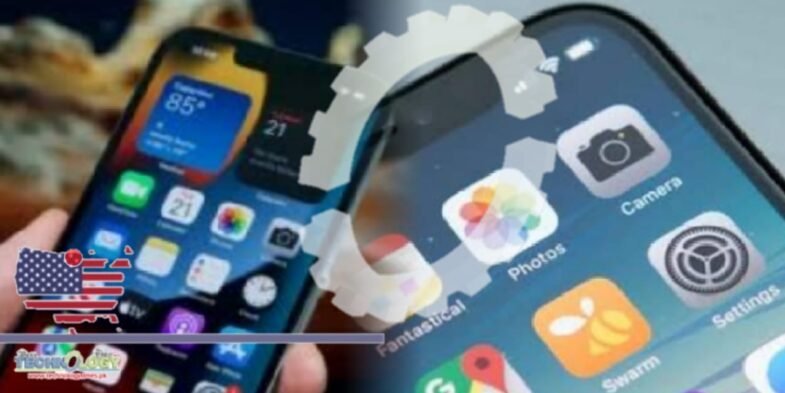Apple has recently released the iOS 15.2 for all eligible iPhone devices. When the update was launched last week, users were allowed to downgrade from iOS 15.2 to iOS 15.1 or other supported versions. However, Apple has stopped signing a few older versions of iOS for several iPhone models. Keep reading this report to know more about the version of iOS that users will not be able to access once they update to the latest iOS 15.2.

For the latest iPhone 13 models, Apple will not allow users to downgrade to Apple iOS 15.1.1. For other older iPhone models including the iPhone 12 and iPhone 11 series, Apple has stopped signing iOS 15.1. When Apple launches a new software update, the company usually gives users a time frame to get their hands on the new version before it stops signing it. The update has come after a week since the launch of iOS 15.2.
Apple stops signing iOS 15.1.1: How does it affect iPhone users?
In simple words, those who have upgraded to the latest version of iOS, i.e. iOS 15.2 will not be able to downgrade to iOS 15.1.1 on the iPhone 13 models and on iOS 15.1 for other eligible iPhone models. This does not have a direct impact upon those who have not updated their iPhone to the latest version of iOS. However, those who have updated to the iOS 15.2 on eligible iPhones and are facing any issues with the new version of the operating system might have to wait for a fix until Apple releases a new update.
As mentioned earlier, this is not the first time when Apple has stopped signing a version of iOS after releasing a new update. When the iPhone 13 models received the iOS 15.1.1 update, Apple stopped signing the older iOS 15.1. For those catching up, iOS 15.1 was released in October along with the launch of the new iPhone 13 and iPhone 13 Pro. The iOS 15.1 came along with a lot of new features including SharePlay, FaceTime, Wallet app and ProRes for the displays of iPhone 13 Pro users.
